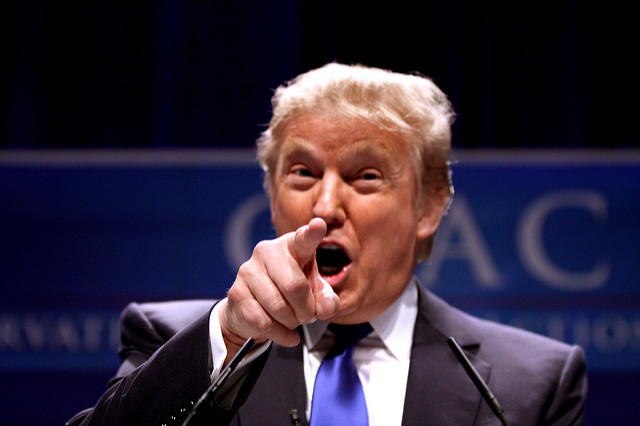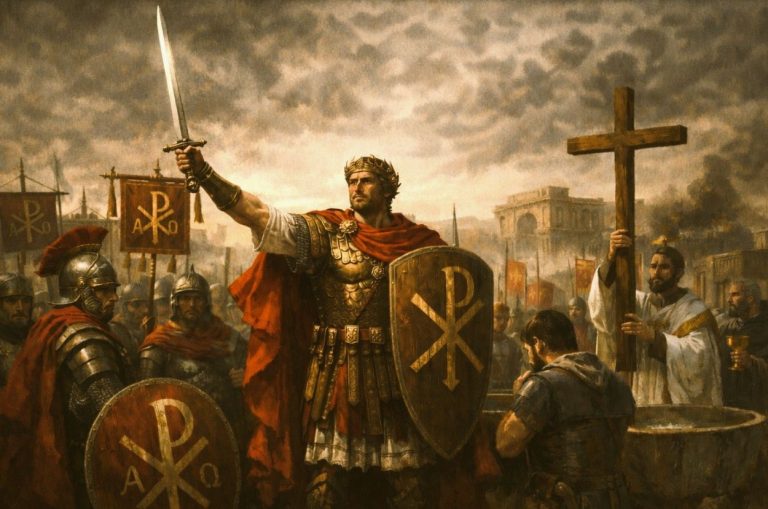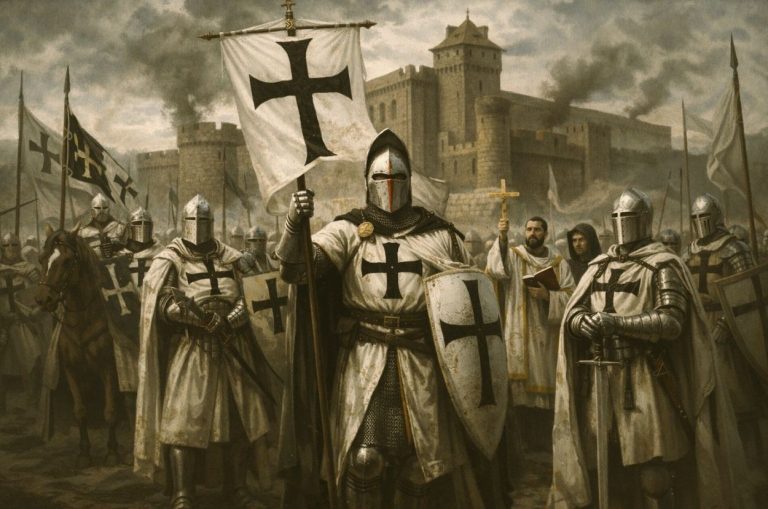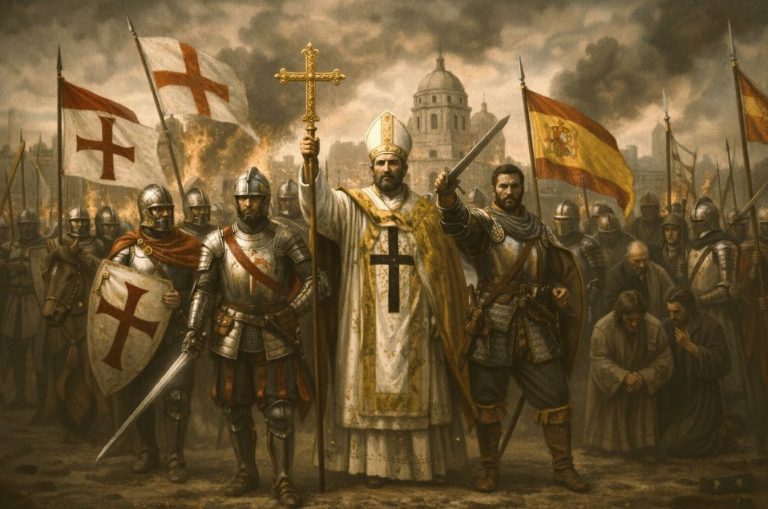
What kind of faith can support the development of a politics of the common good?

By Dr. Chris Shannahan
Research Fellow
Centre for Trust, Peace, and Social Relations
Coventry University
Do religion and politics mix or should faith be a purely private matter confined to home, church, synagogue or mosque? Arguments about this seemingly black-or-white question raged in Europe and North America for most of the twentieth century. Life, however, is seldom so clear-cut, as the fictional US President Josiah Bartlett noted in The West Wing. Talking with the Republican Arnie Vinick, Bartlett suggested that whilst the US Constitution ruled that Church and State should be separate it didn’t insist that religion and State could be separated.
As the twentieth century gave way to the twenty-first the debate about whether faith groups should keep out of politics has faded, save for a few determined secularists. Faith has not withered on the vine but has assumed an increasingly significant role in grass-roots politics in Europe, as well as in the less secularised United States. So the relevant question isn’t whether faith and politics mix but what kind of faith can support the development of a progressive politics of the common good.
In the days following Trump’s election in November 2016 it was suggested that White evangelical Christians “won Trump the White House.” It’s true that 81 per cent of White evangelicals voted for Trump and just 16 per cent for Clinton, and that some prominent evangelical leaders like Jerry Falwell Jr have welcomed his election.
Many evangelicals voted Republican because of Trump’s opposition to abortion and Planned Parenthood, and his promise to put ‘pro-life’ judges onto the Supreme Court. However to reduce evangelical Christianity to the ‘Christian right’ misrepresents evangelicalism, misreads contemporary America and misunderstands the potentially-progressive role that faith can play.
The vast majority of White Evangelicals may have voted Trump but an even larger majority (89 per cent) of Black Evangelical Christians supported Hillary Clinton. The notion that there is an evangelical ‘block vote’ is a myth. Just before the election a network of Black, White, Hispanic and Native American evangelicals launched an online petition arguing that Trump’s divisive campaign gave a green light to White Supremacists. Ten days after his election the National African American Clergy Network published an open letter urging him to reconsider his appointment of Stephen Bannon, the White Supremacist editor of the ‘alt-right’ web-site Breitbart News, as senior counselor to the President.
Rather than reflecting something inherently conservative about evangelicalism, Trump’s election has revealed an insecure nation divided along the fault-lines of gender, class and race and an uncertain society shaped by contradictory visions of what it means to be both an ‘American’ and an evangelical Christian. Evangelicalism is not another way of talking about the Republican Party at prayer but a broad theological tradition. It can be religious ‘alt-right’ but it can also be a force for social transformation, which insists that Christianity revolves around a fundamental commitment to solidarity with those who are oppressed, as seen, for example, in the work of the Sojourners network.
Writing in The New York Times, Tony Campolo and Shane Claiborne highlight the difficult relationship between power elites and religious faith in their reflections on the future for American evangelicalism. They remind us of the diversity of evangelical Christianity, noting that a large majority of “African-American, Latino, Asian, young and female evangelicals…opposed the racism, sexism and xenophobia of Mr Trump’s campaign.”
Then they suggest that evangelicalism has become so tainted in the public imagination that “a new movement is needed” that better reflects a progressive evangelical commitment to diversity and social justice. Finally, they remind us that the evangelical Christianity of “old white men” is dying and being replaced by a movement shaped by younger Latina/o and African-American leaders. Campolo and Claiborne call for a new Reformation in which evangelicalism “returns to the teaching of Jesus” and learns again to challenge all forms of bigotry and injustice.
Rev. Dr Martin Luther King Jr once suggested that 11 am on a Sunday morning was the most segregated hour in American life. Whilst the Pew Research Center notes that such segregation is in decline, the connection between race and religion in America persists. Just before Trump’s election a Black-majority Baptist Church in Mississippi was fire-bombed and the words ‘Vote Trump’ were painted on its charred remains, while the notice-board of an Episcopalian Church in Maryland was daubed with the words ‘Trump Nation – Whites Only.’
The historic link between some forms of Christianity, segregation and White supremacy still lingers and Trumps election has given it new voice. In her reflections on the election the novelist Toni Morrison argued that it represented a desperate attempt to hang onto White privilege by “embracing the shame and fear sowed by Donald Trump”, what Van Jones on CNN called “a Whitelash.”
It’s true that the term ‘Christian’ is still used by some as a cover for White identity politics and a nostalgic longing for a more segregated age, but attempts to re-boot society back to Jim Crow America are doomed to fail because the United States is changing. According to The New York Times, the America that greeted Barack Obama as the first African-American President in 2008 was a “majority white Christian nation.” By the time 2016 came round America had become a “minority white Christian nation” with Whites compromising only 43 per cent of the population.
In the face of the fear and violence unleashed by the election are there any reasons to be optimistic? Stephen Haynes invites us to reflect on comparisons that have been made between Trump’s victory and the rise of the Nazis in 1933. Whilst wisely cautioning us against simplistic and false comparisons, Haynes suggests that the United States may have reached its ‘Bonhoeffer moment’—referring to the martyred theologian’s book Ethics in which he argues that the primary moral responsibility of Christians is to stand with “the weakest and most defenceless.”
In a splintered society where faith remains a potent force in the lives of individuals and communities, its role as a builder of civil society that’s characterised by its support for those who are weak and defenceless is of paramount importance. Following his victory Trump continued to insist that he will create a register of Muslims in the United States, and in the aftermath of the election mosques from Florida to California have received hate-mail promising a forthcoming genocide of Muslim Americans.
Such lists and letters have in the past been a prelude to fascism, yet resistance to Trump’s proposal is growing. Jonathan Greenblatt has suggested that Jewish Americans should register themselves as Muslims as a sign of solidarity, and hundreds of Michigan University students ringed fellow Muslim students as they prayed in a protective circle after a female Muslim student was assaulted by a man on campus because she was wearing a hijab. Jewish scholars of the holocaust have called on all Americans to “mobilise in solidarity against Trump.”
Arguing that Trump “ran on racial bigotry and misogyny,” the founder of Sojourners Jim Wallis called on evangelicals to “reach out in solidarity and protection to those who are most vulnerable,” and to repent of all forms of White supremacy. His ““10 Commitments to Resistance in Trump’s America” begin to outline an evangelical basis for challenging the new President. Might this charter hint at an alternative progressive future for evangelicalism? Only time will tell, but the fact that the Maryland church daubed with the words ‘Trump Nation – Whites Only’ covered the graffiti with a banner proclaiming ‘Silver Spring loves and welcomes immigrants’ might give some cause for optimism.
Does religious faith have a valid and valuable role to play in public life, or should it be marked ‘Sundays only’? I think that’s the wrong question to pose. Instead we should ask what kind of faith can foster a common good that’s characterised by inclusion, the affirmation of diversity, and solidarity with those who are left out or left behind. The case of President Trump and the Christian Right is specific to the United States. However it raises questions and challenges that are relevant on both sides of the Atlantic. Wrestling faith and politics away from the right and the forces of reaction is a universal struggle for our age. It will be a long struggle, but it’s one that can be won.
Originally published by openDemocracy, 12.14.2016, under a Creative Commons Attribution-NonCommercial 4.0 International licence.



